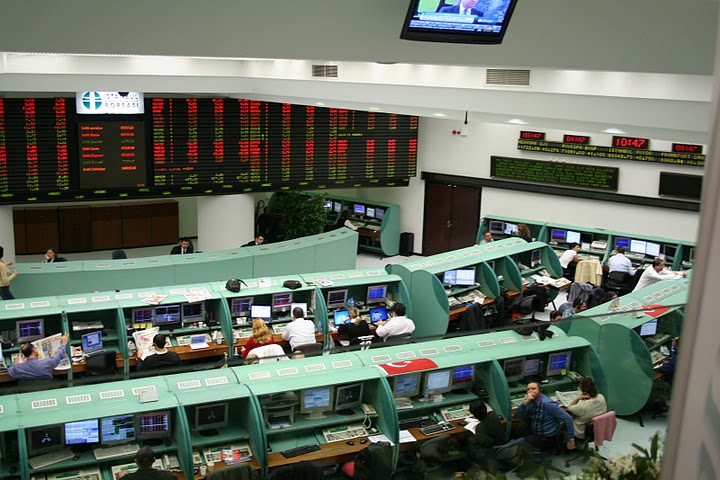The Turkish economy is cruising for a bruising crisis as lira tumbled against U.S. dollar, bonds slid and inflation continues to rise despite attempts by the Central Bank to soothe jittery markets and stop falling currency.
The Turkish lira hit a record low of 3.9780 against the dollar on Tuesday. To contain the freefall, Central Bank took some steps to make borrowing more expensive, lifting bank-funding cost to regain investor confidence.
The lira lost 10 percent value against the dollar and 20 percent against Euro this year, making the Turkish currency weakest among emerging economies.
The independence of Central Bank also appears in tatters. Adding to that, the strained relations with the U.S., and potential fallout from a trial in New York create a conundrum for the Turkish authorities in their efforts to alleviate investors’ anxiety.
The Central Bank said it would remove banks’ borrowing limits on the interbank money market for overnight transactions, and increase their limit for the intraday liquidity facility — both moves designed to shore up the currency, Reuters reported.
Ulle Adamson, a portfolio manager at T Rowe Price, told The Financial Times that although the Turkish economy had grown in 2017, driven by strong lending growth and consumer demand, the upswing would only reap short-term benefits.
The yield on Turkey’s benchmark 10-year bond rose to 13.03 percent from 12.68 percent in Monday’s spot trade. The two-year bond was yielding 14.21 percent, up from 13.83 percent on Monday, according to Reuters.
Japenese Credit Rating Agency JCR Eurasia Rating President Orhan Okmen warned against series of bankruptcies as thousands of companies in private sector show signs of financial overstretch and weak balance sheet. Last week, he told Turkish media that banks declared many sectors risky and place restrictions on lending over the fear of getting no payment back.
The indefinite extension of the emergency rule, he says, also scares foreign investors and creates an impression that the government would rule the country with that regime for the foreseeable future. The eroding rule of law, arbitrary measures and liqiudity problems in already wobbly private sector all bode ill for the health of the economy.
President Recep Tayyip Erdogan rails against Central Bank over high interest rates, pressuring its president to keep the rates low despite calls from independent observers and investors to increase them. The Turkish leader believes that high interest rate fuels inflation, a view that is not widely shared by economists.
The political interference is seen as another factor in waning confidence of investors about the independence of Turkey’s Central Bank.




Comments are closed.